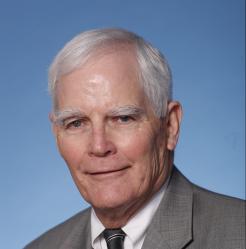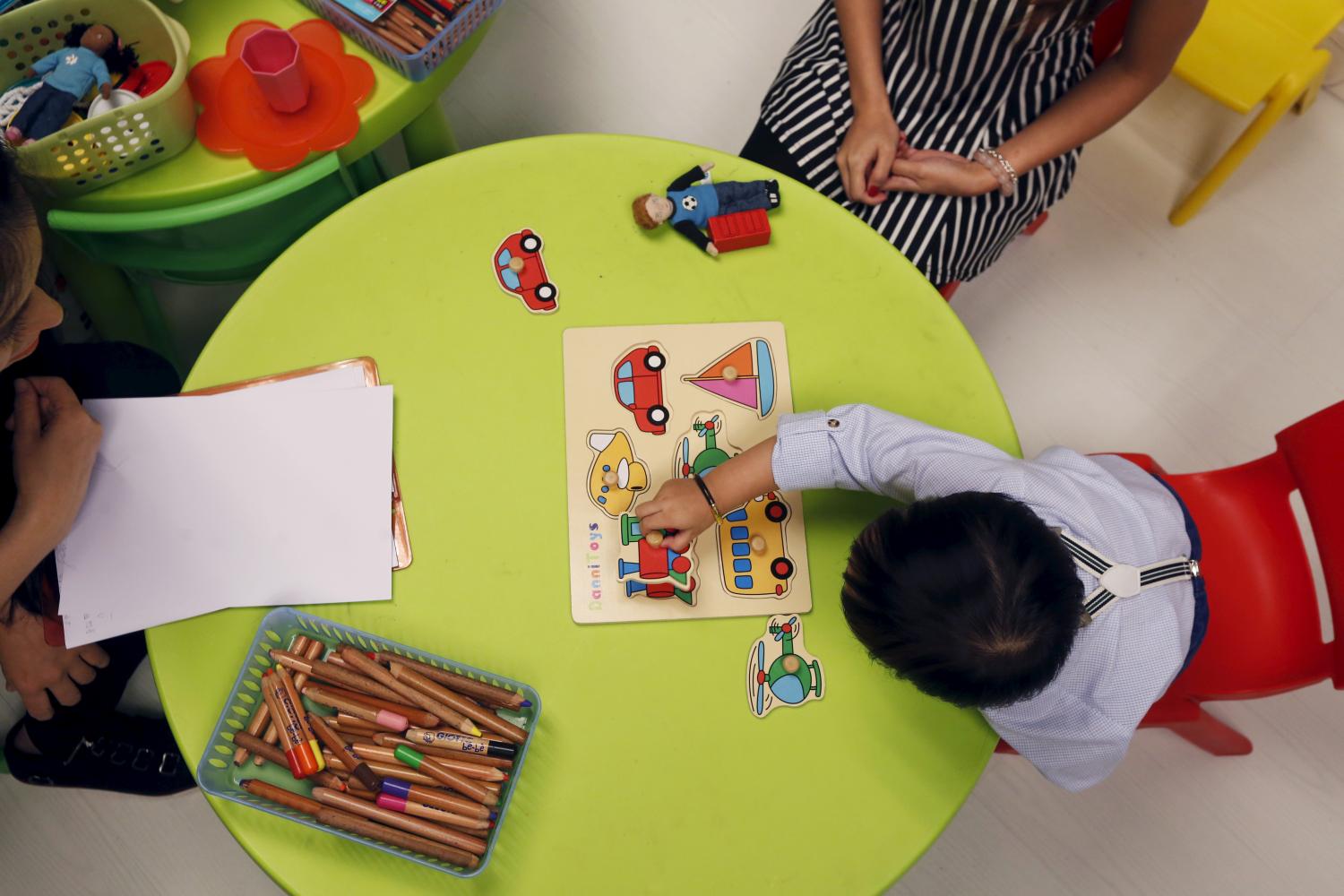Scientific research has established that if all children are to achieve their developmental potential, it is important to lay the foundation during the earliest years for lifelong health, learning, and positive behavior. A central question is how well our public pre-kindergarten (pre-K) programs are doing to build this foundation.
Forty-two states and the District of Columbia, through 57 pre-K programs, have introduced substantial innovations in their early education systems by developing the infrastructure, program sites, and workforce required to accommodate pre-K education. These programs now serve nearly 30 percent of the nation’s 4-year-olds and 5 percent of 3-year-olds.
In recent years, there as been increasing interest in assessing how well these short- and long-term goals have been achieved. What should we expect pre-K to produce for our society? How can we ensure that children who attend these programs get as much out of them as they can?
In “Puzzling it out: The current state of scientific knowledge on pre-kindergarten effects” (PDF), a task force comprised of social scientists from Brookings and Duke University lists six consensus statements on what we know about the effects of pre-K and highlights the importance of gathering further evidence to answer three important questions: What features of pre-K programs, specifically, put children on a positive developmental trajectory? What’s the best way to scale up small pre-K programs to a school-district or state-wide level? How can we use evaluations of an earlier generation of programs to guide the development of today’s pre-K programs? The consensus statement is part of a broader report titled “The current state of scientific knowledge on pre-kindergarten effects” (PDF).
The Task Force includes Deborah A. Phillips of Georgetown University, Mark W. Lipsey of Vanderbilt University, Kenneth A. Dodge of Duke University, Ron Haskins of the Brookings Institution, Daphna Bassok of the University of Virginia, Margaret R. Burchinal of the University of North Carolina at Chapel Hill, Greg J. Duncan of the University of California-Irvine, Mark Dynarski of the Brookings Institution, Katherine A. Magnuson of the University of Wisconsin-Madison, and Christina Weiland of the University of Michigan.
All members of the Task Force agreed on six consensus statements, which include:
- Children’s early learning trajectories depend on the quality of their learning experiences not only before and during their pre-K year, but also following the pre-K year;
- There is often greater improvement for economically disadvantaged children and dual-language learners after a year of per-k than there is for more advantaged and English-proficient children;
- Among the effectiveness factors that may make a difference are curricula that build foundational skills, professional development and coaching for teachers, and organized and engaging classrooms;
- Convincing evidence on the longer-term impacts of contemporary scaled-up pre-K programs on academic outcomes and school progress is sparse, precluding broad conclusions.
The authors note that the increasing prevalence of pre-K programs provides an ideal laboratory to build upon existing research through additional rigorous analysis of programs over time. Forty-two states and the District of Columbia, through 57 pre-K programs, have introduced substantial innovations in their early education systems to accommodate pre-K programs that now serve nearly 30 percent of the nation’s 4-year-olds and 5 percent of 3-year-olds.
The authors conclude their consensus statement by emphasizing the promise of future research:
“The hard work of refining and improving these programs so that they can fully support the intellectual and social skills the nation will need in the future has just begun. Nonetheless, the scientific rationale, the uniformly positive evidence of impact on kindergarten readiness, and the nascent body of ongoing inquiry about long-term impacts lead us to conclude that continued implementation of scaled-up pre-K programs is in order as long as the implementation is accompanied by rigorous evaluation of impact.”
The Brookings Institution is committed to quality, independence, and impact.
We are supported by a diverse array of funders. In line with our values and policies, each Brookings publication represents the sole views of its author(s).














